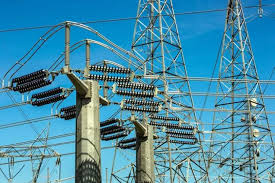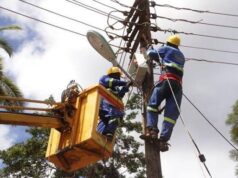
Chiedu Ugbo, the former managing director of the Niger Delta Power Holding Company (NDPHC), suggests adopting an Independent Transmission Project (ITP) model within a public-private partnership (PPP). He made this call during a power sector summit hosted by the House of Representatives Committee on Privatisation and Commercialisation.
Ugbo pointed out that Nigeria’s government cannot cover the huge costs to repair and expand its outdated transmission system. He explained that transmission is the weakest link in Nigeria’s electricity chain, holding back progress toward reliable power.
The summit focused on reviewing progress in power sector reforms, tackling ongoing challenges, and finding solutions to improve the system. Ugbo highlighted that while generation and distribution have shifted to private ownership, the transmission sector remains fully controlled by the federal government.
He believes that this arrangement limits efficiency and growth. He stressed that transmission needs private sector help, especially through the ITP model. This approach can attract private investment and expertise to modernize the network. Countries like Brazil and India have already used similar models successfully.
The new Electricity Act of 2023 creates a clear licensing system for independent transmission providers. Ugbo said Nigeria needs private funds since the government can’t bear the costs alone. The ITP model can help raise the billions needed for Nigeria’s transmission upgrades.
Nigeria aims to produce 30,000MW of power by 2030. To reach this, around $262 billion must be invested. The Transmission Company of Nigeria (TCN) needs $2.2 billion to complete 149 projects to strengthen the grid.
Ugbo, who knows infrastructure well, pointed out that NDPHC has already built some major high-voltage projects. This shows that working with private companies is possible and effective for building key infrastructure.
For the ITP model to work, projects must be financially sound and share risk fairly. Strong political support, clear policies, and good regulation are also necessary. These steps will create a stable environment that attracts investors.
Ugbo compared the ITP model to Nigeria’s earlier success with Independent Power Producers (IPPs). IPPs like AES, Shell JV, Agip JV, and Azura-Edo helped boost investor trust and drew private money into power generation.
This change in transmission is vital if Nigeria hopes to expand its electricity system and serve more people efficiently.











